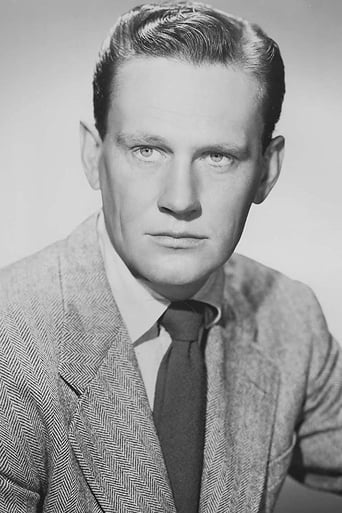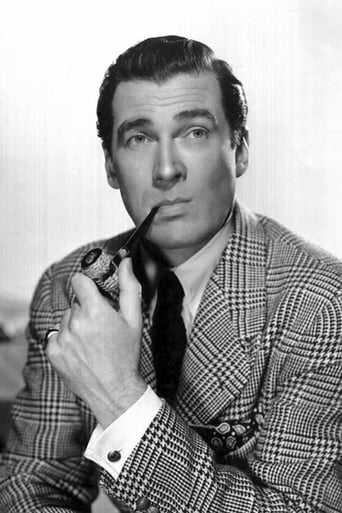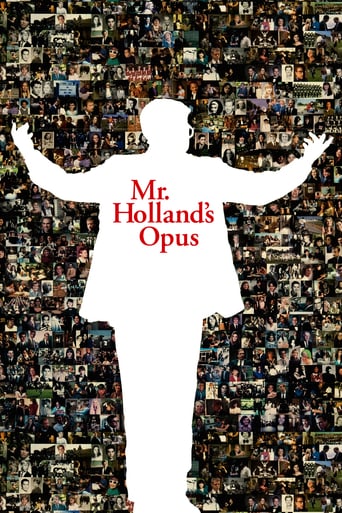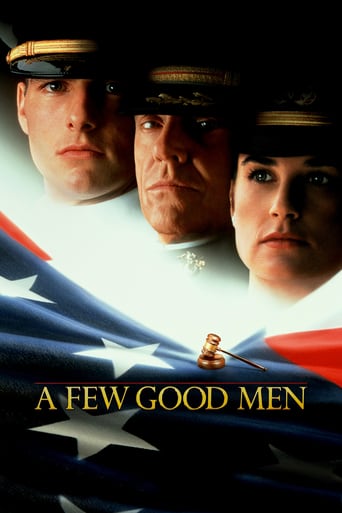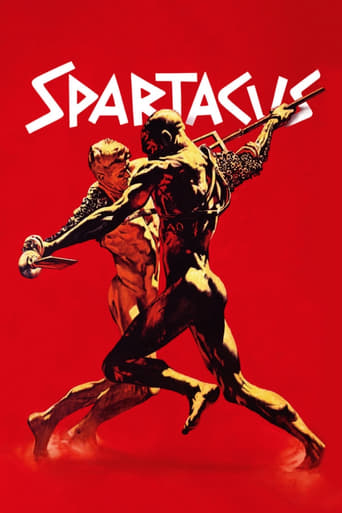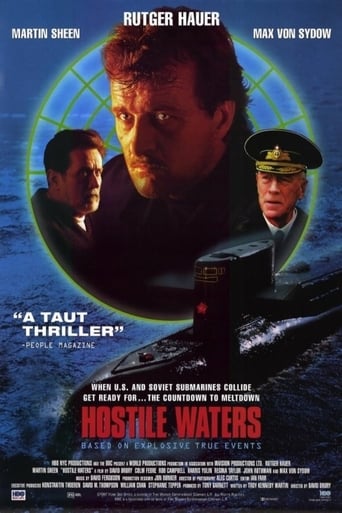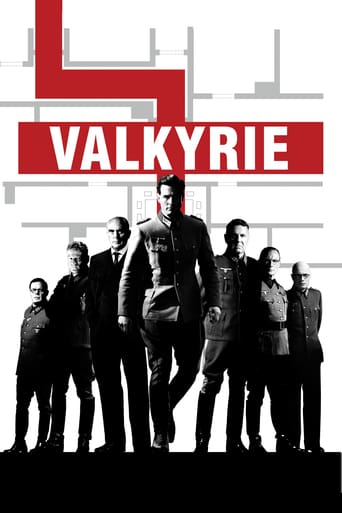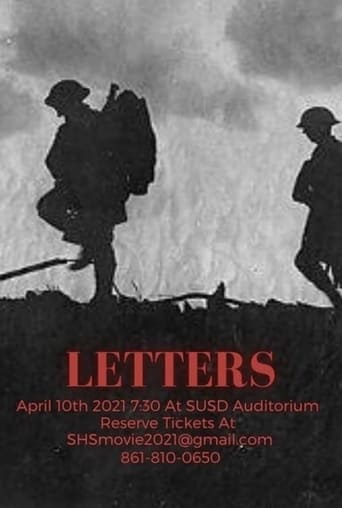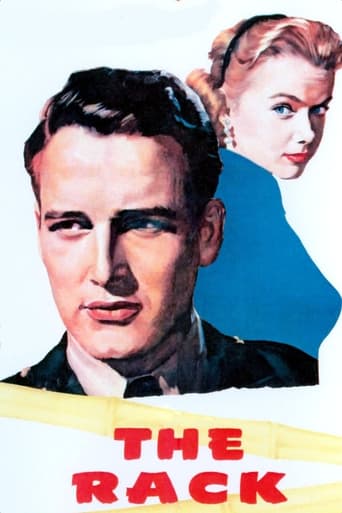
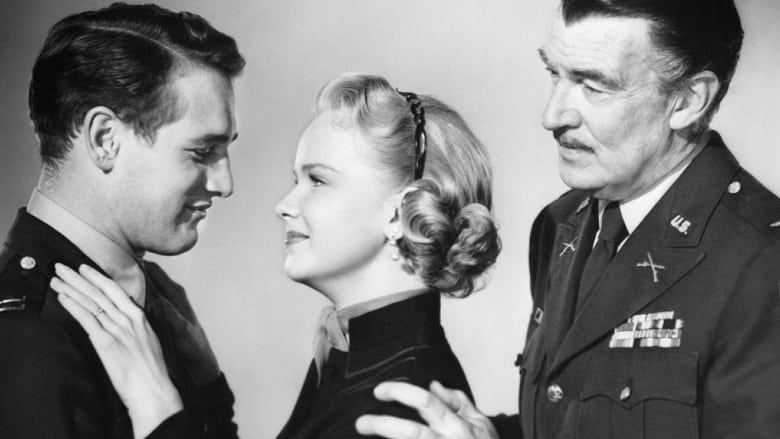
The Rack (1956)
Army Captain Edward Hall returns to the US after two years in a prison camp in the Korean War. In the camp he was brainwashed and helped the Chinese convince the other prisoners that they were fighting an unjust war. When he comes back he is charged for collaboration with the enemy. Where does loyalty end in a prison camp, when the camp is a living hell?
Watch Trailer
Cast


Similar titles
Reviews
Directed by Arnold Laven, this Stewart Stern screenplay was based on a teleplay by Rod Serling. It stars Paul Newman as a Korean War veteran who returns home after years as a P.O.W. to face a court martial trial for collaborating with the enemy.It's a very good drama with an excellent, credible performance by Newman and the rest of the film's notable cast including Wendall Corey as the initially reluctant yet duty bound prosecutor, Walter Pidgeon as Newman's stern "by the book" Army Colonel father, Edmond O'Brien as Newman's more than capable defense attorney, Anne Francis as Newman's sympathetic and recently widowed sister-in-law, Lee Marvin and James Best as two of Newman's accusers, and Cloris Leachman (in a cameo) as Francis's friendly neighbor.Captain Edward Worthington Hall Jr. (Newman) needs medical assistance to exit the "returning troop" plane at the San Francisco airport. His father Colonel Edward W. Hall Sr. (Pidgeon) and sister- in-law Aggie (Francis), who are there for his return, are unable to greet him as he's loaded into an ambulance and taken to a military hospital by the Golden Gate Bridge.Through her neighbor Caroline (Leachman), it is learned that Aggie lives with her father-in-law, Edward Sr., because her husband, his son, was killed in the Korean War. Ed meets with a psychiatrist, and later with his family (Robert Blake appears as a soldier being mobbed by his family), but is unable to say much, though he is clearly troubled by something. Still wheelchair bound and recovering in the hospital, Ed wheels himself in to watch a movie (featuring Debbie Reynolds mixing chemicals) with others when another patient (Marvin), in crutches himself, slips a noose with the word "traitor" around his neck.Shortly thereafter, Major Sam Moulton (Corey) is explaining to Ed (who was introduced to him by Dean Jones) that he's being brought up on charges for giving aid and comfort to the enemy in time of war which, if convicted, will mean a court martial.Earlier, Moulton had been told by Colonel Hansen (Robert Burton) that the Army must try the most egregious (40) of these cases to set an example, when he had objected to prosecuting an Army Captain that had received the Silver Star. However, Ed is allowed to stay out of jail with no restrictions given his otherwise exemplary war record.Physically recovered and released from the hospital, Ed returns home to find that his father, the Colonel, and Aggie have invited all their friends and neighbors over to celebrate his return. Not feeling very cheerful, Ed later excuses himself early from the party and retreats to the kitchen where he and Aggie speak briefly.The Colonel later joins him and they have some brief, awkward moments together before they are interrupted by a guest, such that Ed still hasn't had a chance to tell his father about the charges. Realizing he probably won't get the chance that evening, Ed goes to bed early.After the party is over, a friend of the Colonel's, a fellow Army Colonel Dudley Smith (Fay Roope), arrives and the two old buddies begin to have a drink. Aware of the charges against his friend's son, Smith remarks that the Colonel seems to be taking it well. Pressed for what he means, Smith mentions the court martial which prompts the Colonel to charge up the stairs muttering "my son honored me" as he barges into Ed's room to wake him. Shocked to learn the truth, the Colonel yells at his already ashamed son and runs from his room and back down the stairs as Ed gives chase trying to justify his crime.In the next scene, Lt. Colonel Frank Wasnick (O'Brien) visits Ed at a hotel, where he is now staying, and drinking. Wasnick quickly supports Ed saying that the court martial is not the foregone conclusion that he thinks it is, and that he would have probably done the same thing under the circumstances.After several weeks have passed, the trial has begun (Robert Simon appears at the court's law officer). One by one, as Major Moulton presents his case, it seems that Captain Hall willingly collaborated with the enemy. Now civilian Millard Cassidy (Best) testifies that he saw the accused strike a wounded, fellow soldier in the P.O.W. camp. Sergeant Otto Pahnke (Adam Williams) says that the Captain tried to get him to sign a leaflet that he had signed which accused the U.S. Government of false pretenses for even being in Korea. Wasnick does a pretty good job negating Pahnke's testimony, however, first establishing a 6 month time period in which the Captain hadn't been seen. Then, getting the native Pole to admit that Ed had a frightened look which resembled what he had seen in the eyes of Dachau survivors, when he'd finally reappeared and asked the Sergeant to sign the paper.But the most damaging testimony comes from Lee Marvin's character, a fellow Captain named John Miller. Miller had been in charge of a failed escape attempt, which he'd later been told was leaked to the enemy by Captain Hall. Miller then described the torture he was subjected to in great detail, and testified that the only information the Chinese got from him was his "name, rank, and serial number!". He was then allowed to remove his shirt and pants to show what he suffered.Things looked pretty hopeless for Ed and he returns from a night of drinking to find Aggie in his hotel's lobby. She's brought him some clean shirts but her real purpose is to encourage Ed to fight the charges against him. Perhaps inspired by her words, Ed takes the stand the next day and tells the other side of the story.Wasnick begins his defense by introducing the concept that "every man has his breaking point". There is a tearjerking moment between father and son and a quick ending to the film.
This was Paul Newman's third movie. His first, THE SILVER CHALICE, he later described as one of the worst movies ever made. His second, SOMEBODY UP THERE LIKES ME was an excellent film and finally gave Newman some recognition, but some people must have thought that his success could have been a fluke--especially after his first film. However, his excellent and relatively restrained performance in THE RACK helped him be a genuine star.The film begins with Newman and other soldiers returning from North Korean prisons after the war. At first, his father the Colonel (Walter Pidgeon) is ecstatic to see his return, but this revelry comes to a halt when just a short time later Newman is up on charges at a court martial for being a collaborator. How much he assisted his captors, what they did to break him and what demons Newman was struggling with make this all a very interesting and unusual. So unusual, in fact, that you have to admire the producers and writer (Rod Serling) for taking a bit of a risk.The acting is exceptional as are the writing. About the only potentially disappointing aspect of the film is the ending. While I didn't mind how ambiguous it was, I am sure many will feel disappointed that the film seems to end prematurely. Still, it's an excellent film and well worth your time.
There lies a great film hidden in the depths of 'The Rack', one that honestly and unflinchingly dares pronounce its indictment of the American way of life, of a people uninformed about the democratic traditions of their country as well as of the exact nature of Communism.But 'The Rack' is not quite that film, although in long stretches it is pretty good. Paul Newman in his second starring role plays Captain Ed Hall, being court martialed for betraying his country when he was a prisoner of war in Korea by collaborating with his captors. It turns out he was mentally tortured, brainwashed as it were, and there is an emotional forthrightness of the scenes concerning the captain's breakdown that are engaging, and the central between Newman and Walter Pidgeon as his staunch colonel father will draw tears, although Newman is not yet the acute and instinctively brilliant actor he would become.So, see it by all means next time it is aired on TCM, it's not half bad. Only, it ought to have been better.
Nothing new about this court film. Classical directing, classical writing... So what's good about it? Paul's acting is very moving. Second role (the lawyer) is also worth the watching. And, well, if I had a chance to see this as a play, I would not hesitate. But, maybe, the director is too much absent and a more daring directing may have enhanced the drama!



